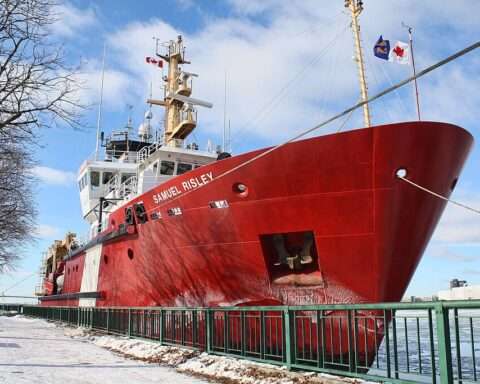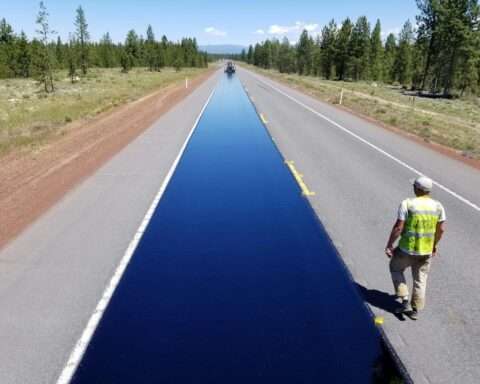National laboratory-led research into converting saltwater into a viable renewable source of potable water for populations will continue for at least another half decade, the Department of Energy said.
The DOE announced it was renewing funding for the National Alliance of Water Innovation (NAWI), its energy innovation hub for desalination. NAWI, a collaboration between the Lawrence Berkeley National Laboratory, National Renewable Energy Laboratory and Oak Ridge National Laboratory, will get another five years and $75 million to continue work on lowering the cost and energy of water purification technologies.
More than 97% of the water on Earth is saltwater, yet most U.S. water-supply systems rely primarily on fresh surface water or groundwater. Only a small percentage utilize desalinated water.
Climate change, population growth, greater industrial and agricultural demand and changes in how communities use water are placing increasing stress on freshwater supplies worldwide, the DOE said.
“Water and energy are interdependent — water is used to produce nearly every major energy source, and energy is critical to transporting and treating water,” said Jeff Marootian, principal deputy assistant secretary in the Office of Energy Efficiency and Renewable Energy. “The deep connection between these two resources demands an integrated approach that considers the challenges and opportunities inherent to both sectors.”
For the next five years, NAWI will increase focus on treatment, delivery and management on energy efficient and decarbonized water systems, emphasize reuse of wastewater and convene technology developers, water managers and communities to identify opportunities for optimizing water supply management, the DOE said.
The focus will include regional water systems planning. NAWI said it will partner with water planners at the state and regional level to develop and use new tools for water supply forecasting, water demand forecasting and water portfolio optimization.
The hub will also spearhead water resilience pilot projects and implement regional water system workshops. The goal is to get closer to treating water and reusing it locally rather than transporting freshwater long distances, NAWI said.
NAWI will explore technologies that include treating water from alternative sources such as brackish groundwater and various wastewaters to create more fit-for-purpose water while reducing emissions and energy use associated with traditional water treatment, the DOE said.
During its first five years, NAWI funded more than 60 projects across the United States focusing on a combination of water treatment, desalination unit processes, novel automation and water treatment, desalination processes, and modeling tools and analysis.













